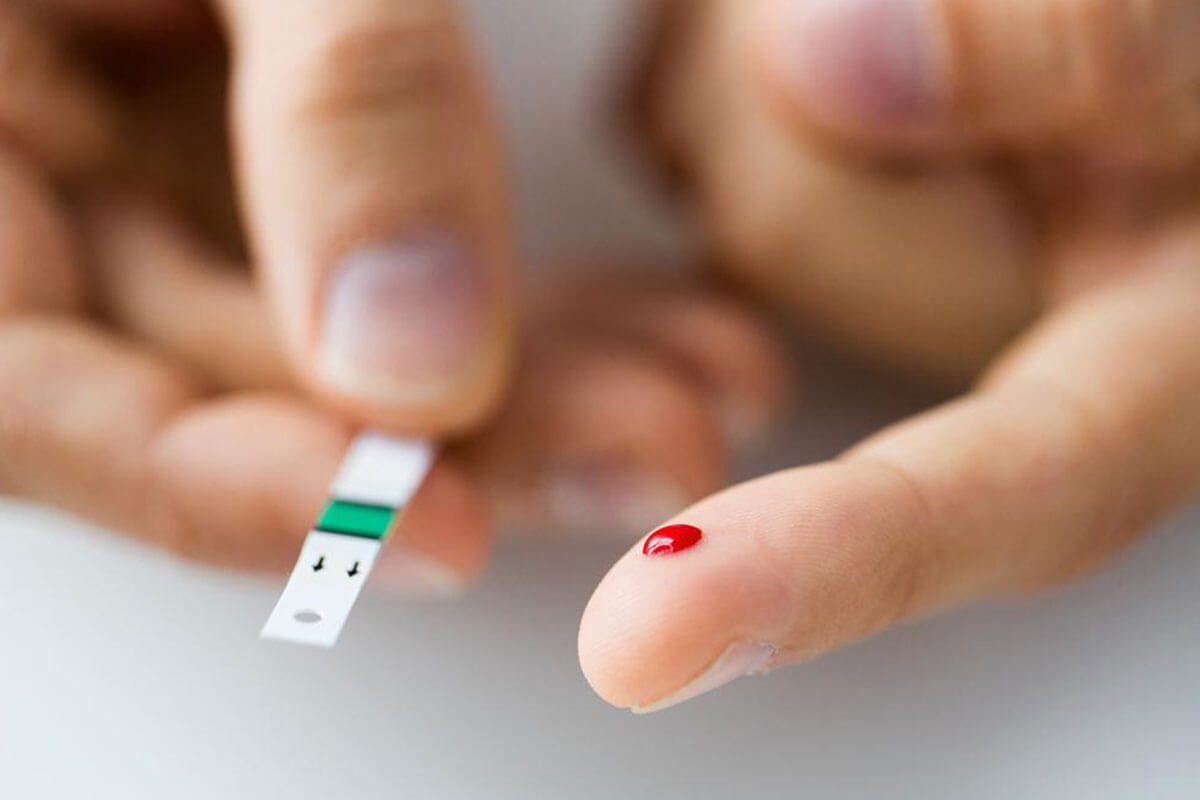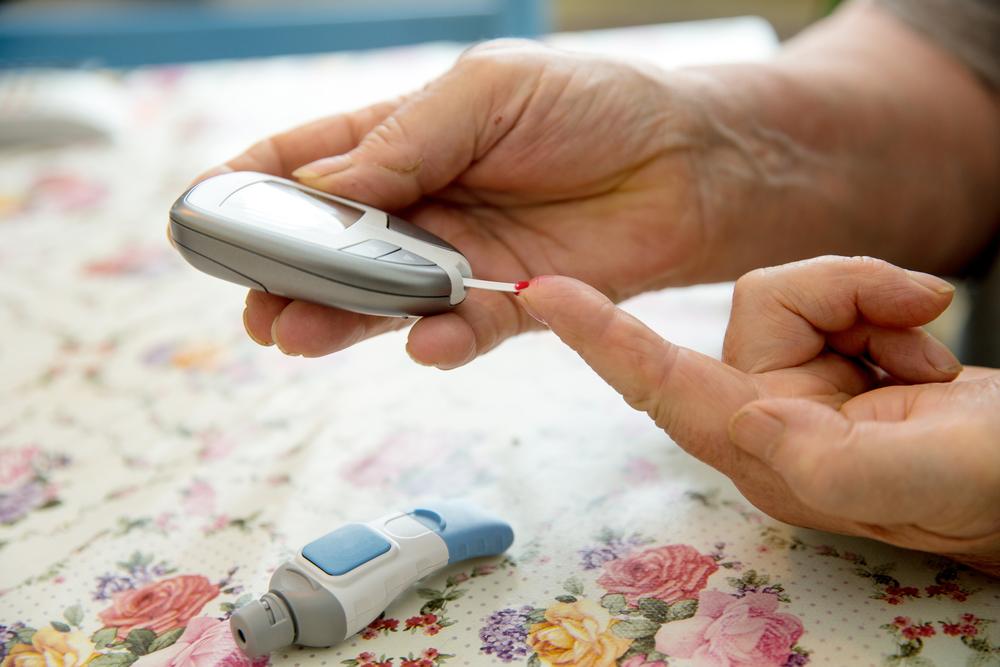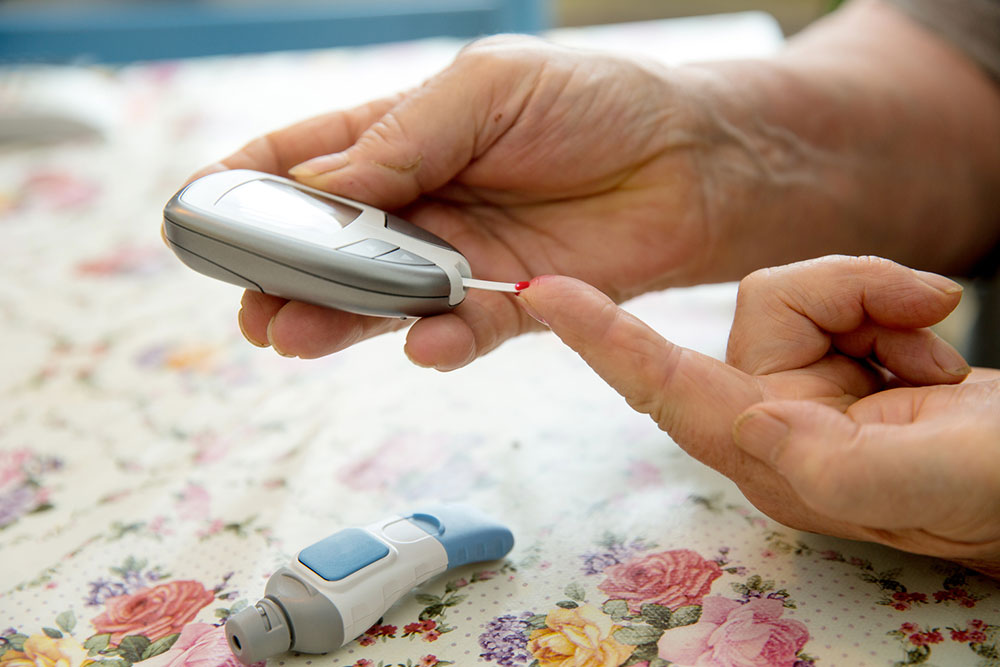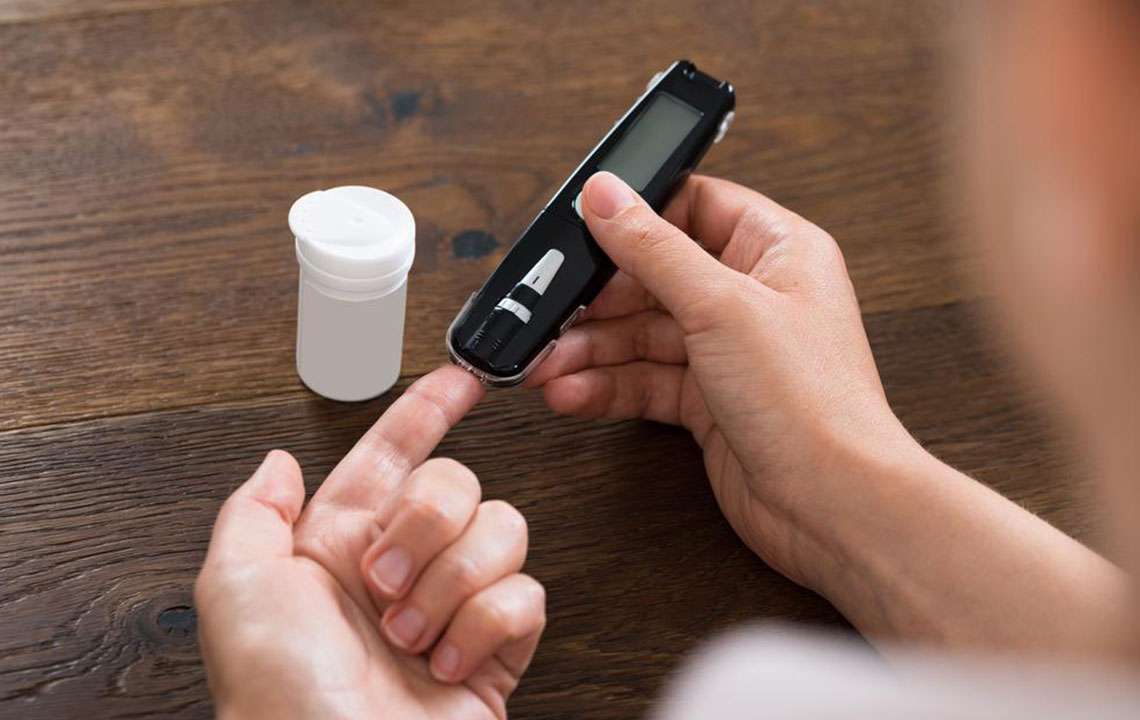Signs of Diabetes You Should Recognize Early
Early identification of diabetes symptoms is essential for effective treatment. Common signs such as frequent urination, excessive hunger, weight loss, fatigue, vision problems, and nerve tingling can serve as critical warning signals. Recognizing these signs promptly enables timely medical intervention, reducing potential complications and improving long-term health outcomes.
Sponsored

Recognizing the early signs of diabetes can be crucial for prompt diagnosis and management. Many symptoms are subtle and can be ignored, but understanding these indicators can lead to faster treatment and better health outcomes.
Diabetes is a serious metabolic disorder where the body struggles to produce or effectively use insulin. Insulin helps regulate blood glucose levels; when its function is impaired, sugar accumulates in the blood, leading to various health issues and symptoms. Early detection through symptom awareness is vital.
Some individuals with diabetes may not display noticeable symptoms initially. The manifestation of symptoms can differ depending on whether it's type 1 or type 2 diabetes. However, certain common signs serve as important warning signals, prompting a visit to the healthcare professional. Early recognition of these signs can facilitate timely diagnosis and optimal treatment.
Frequent urination and persistent thirst
One hallmark of diabetes involves increased urination and intense thirst. Elevated blood glucose forces the kidneys to work harder to filter out excess sugar. When they cannot cope, sugar spills into urine, increasing urination. This fluid loss triggers dehydration and a corresponding rise in thirst, creating a recurring cycle of drinking and urinating.
Unusual hunger
Persistent hunger sensations can occur because excess blood sugar and insulin resistance impair glucose utilization by cells. Consequently, your body interprets the energy deficit as a need for more fuel, leading to increased feelings of hunger.
Unexpected weight reduction
Significant weight loss might be an early symptom, especially in type 1 diabetes. Excessive urination causes calorie and sugar loss, prompting the body to break down fat and muscle for energy. This metabolic shift results in weight decline despite normal or increased appetite.
Chronic fatigue
People with uncontrolled diabetes often feel exhausted and weak. The malfunctioning insulin prevents glucose from reaching cells to produce energy, leading to tiredness. Additionally, dehydration from frequent urination compounds fatigue.
Vision disturbances
High blood sugar can affect your eyesight by pulling fluid from eye lenses, causing blurriness. Persistent elevated glucose levels, if untreated, can lead to more serious visual impairment.
Gum issues and infections
Diabetes can weaken the immune response, increasing the risk of gum infections. Red, swollen, and tender gums may be signs of underlying diabetic complications affecting oral health.
Slow healing wounds and frequent infections
High blood sugar hampers the healing process, making cuts and sores slow to recover and increasing susceptibility to infections. This delayed recovery is a common diabetic symptom.
Tingling or numbness in extremities
Numbness or tingling sensations in your hands and feet indicate nerve damage from prolonged hyperglycemia, a condition known as diabetic neuropathy.
Mood changes and irritability
Fluctuating blood sugar levels can influence mood, leading to increased irritability, frustration, and general emotional instability.






